A long-term or chronic illness can disrupt your life in many ways. You may be tired and in pain regularly. In today’s episode, I talk about chronic illness, and how to deal with it while working as an SLP.
Here are some tips on how to cope with a chronic illness while working as an SLP:
-
My Story
It all started about 12 years ago, and some of the issues have gotten worst and have became a daily vs. a flare up issues. For me it was the daily headache couple with 8-12 migraines a month. I have different cardiac arrhythmias, autonomic dysfunctions that will just spring on me out of nowhere, muscle pains, and joint pains. I have a variety of symptoms and GI symptoms and a long list diagnosis.
-
Modifications I’ve made Cope with Chronic Illness while Working as an SLP:
Let’s look at some of the modifications I’ve made. Because may be if you’re struggling with a chronic illness, you are feeling like you are not able to keep up and that is completely understandable.
- Opt for part-time hours: it might not be financially possible for everyone but we made modifications so that could happen for our family
- PRN (Pro re nata) hours: I would pick up a lot of 4-hour shifts so that I know that I’d only needed to be “on” for that day
- Flexible shifts
- Remote work
-
Tips for coping with chronic illness when you’re working as an SLP:
- Let go of perfectionism.
- Show up, do the best you can but then go home and rest.
- Plan when you’re feeling well.
- Pace yourself throughout the day. Take breaks, even short ones.
- Keep others in the loop of what you are going through.
- Look for other ways you can use your SLP license.
I hope that you find these tips useful. If you are an SLP experiencing chronic illness, I would like to hear and connect with you. My email is jessica@thedigitalslp.com or my Instagram handle is @thedigitalslp.
Links & Resources:
Full Transcript of Podcast: How to Cope with a Chronic Illness while Working as an SLP
Episode 90: How to Cope with a Chronic Illness while Working as an SLP
You're listening to the Speech Space Podcast, a podcast full of tips and resources for SLPs. I'm your host, Jessica Cassity, and this is Episode 90.
So, today I'm going to be talking about chronic illness. And I'm not really sure how many people this episode will appeal to, but I have to believe that I'm not the only SLP out there who has a chronic illness. So I figure that even if this episode reached one SLP going through something similar, then it was reason enough to do this podcast. So before I get started, I did want to mention that this podcast is brought to you by The Digital SLP membership site, which is a site that features time-saving, interactive digital resources that are all teletherapy platform-friendly. You can learn more, or you can even sign up for a free trial, by going to thedigitalslp.com/digitalslp. All right. So let's go ahead and get started.
So I have to be honest, I usually have these episodes pretty laid out and I've kind of done my preparation and my research ahead of time. But today I'm just going to kind of be talking openly. So bear with me, but I just wanted to start off by sharing my story. I would say it was probably about 12 years ago now, maybe a tiny bit more. I started having some different health issues and over the years, those issues have gotten worse and they have become more of a daily issue versus just a flare-up kind of issue, which is in the beginning, how it started. So I, you might be wondering, you know, what some of my symptoms are or how it affects me day-to-day. So I have something that's called new daily persistent headache, which is really just a descriptive term for having a headache everyday. And then on top of that, I have anywhere from maybe 8 to 12 migraines a month. I have different cardiac arrhythmias and autonomic dysfunction, that'll just kind of spring on me out of nowhere and some muscle pain, and joint pain as well. So, you know, I have a host of symptoms and I also have some GI symptoms as well. So I have a variety of symptoms and I have a long list of diagnoses. So anyway, that's kind of where I am. And, you know, I've had to make modifications over the years because there's no way that I could go at the same speed I was whenever I was fresh out of grad school and not having any symptoms at all. I had a long commute each way and I would work really long hours and I would just put everything into my patients at that time.
So let's talk about some modifications I've made, because maybe if you are struggling with a chronic illness, you're feeling like you are not able to keep up. And that is completely understandable. So the first modification that I made is I went down to part-time hours. I started looking for part-time work. And at first I had conflicting feelings about this because at the time I was only a few years out of grad school. And I felt like, why, you know, why should I, I should be working full-time. I have student loans to pay off. And it just didn't feel right at first, but in hindsight, it really was the right decision. And I'm glad that I did it because it did, you know, make it where I could keep up with the hours and the demands of the jobs. So I know that's not always a financial possibility for everyone but we made modifications so that could happen for our family. And the other thing that I did is I picked up some PRN hours. So, I was able to work at a local hospital and I could do that. You know, they, they were really flexible. So they had shifts that were four hours, six hours, or eight hours, and you could kind of choose. So a lot of times I would do the four-hour shifts and I would just pick up a lot of them. But then I would know that when I went in, you know, I really kind of only needed to be on, to get through that day for four hours. And that was really helpful. The other thing that's helped me tremendously is remote work. So most of you know, that I founded the site, The Digital SLP, which is a website that houses a lot of digital resources. So a lot of my work can be done remotely now working on the website and providing digital resources to SLPs. So those are some of the shifts that I've had to make to cope with a lot of the symptoms that I have. You know, I think chronic illness is tricky because if you don't have it, it can be a really difficult thing to understand. And I think that it's easy to be self-conscious and worry. Are people gonna think that we're faking or being dramatic because sometimes when, you know, something's chronic, it's going to reoccur over and over again. So that can be tricky.
Now, some tips that I came up with for dealing with chronic illness when you're working. So one of the number one things is to let go of perfectionism. You know, I know a lot of us SLPs are Type A, and we really want things done in a certain way. And I think that we have to let go of that because if we keep trying to strive for that, we're going to burn ourselves out. We need to reserve our energy and, you know, save it up to make sure that we're not burning the candle at both ends. The other thing is to show up, you know, show up for your job, do the best you can, but then go home and rest. Don't take all the work home. Don't try to, you know, blur the boundaries between work and home. I think it's really important that you leave your work at work. And even if that means that you come in a little bit earlier, you stay a little bit late to get that work done. I think that's really important. The other thing is plan when you're feeling well. You know, some days are good days and some days are bad days. So on the good days, you know, you wanna be sure that you don't overdo it. But you wanna take those opportunities to go ahead and plan things out for your week, your month, your students. You know, whatever the planning needs are that you have, you know, try to do that whenever you're feeling well so you can get that taken care of. The other thing is to pace yourself throughout the day. You know, it can kind of be easy to hit the ground running. I know, especially when I was working in the schools. Sometimes, you wouldn't have time to eat. Sometimes, you wouldn't have time to drink a lot of water. Sometimes, you wouldn't even get to go to the bathroom, until later in the day. So be mindful of those things and don't repeat my mistakes and kind of deprive yourself throughout the day there. Because I know that that was not helping me. That was not serving me well. So, you know, make sure that you pencil in time for bathroom breaks and hydration breaks. And maybe even if you just need a five-minute break to recollect yourself, especially if you're having pain, you might need to sit there and just take a few minutes of quiet to regroup, and that is completely fine. So, you know, try to pencil into your day, whatever you need to get you through the day in the most comfortable way possible. The other thing, it can be a little tricky, but I suggest keeping others in the loop. So it can be helpful to let other coworkers or colleagues know what you're going through. Just so they're aware, because I think sometimes, especially when we're dealing with chronic pain, it might appear to others that you're a bit grumpy and it's not that you're grumpy. It's that you literally are just trying to get through the day, and finish the task that you need to finish. And sometimes, you know, you're kind of white-knuckling it. And so I think it's important to open up to others. You know, it can be tricky. Maybe it's something that you might not wanna do right away, but over time, just kind of let them know what's going on to increase their awareness and hopefully their compassion for your situation. And then my last tip is to look for other ways that you can use your SLP license. So maybe you start doing teletherapy, or maybe you do some type of consulting. You know, you can kind of look at other ways outside of the traditional nine to five hours, if those are not serving you well to see what other options are out there. You know, I mentioned before I create digital resources for The Digital SLP site. And so that's something that it's a little bit outside the box. And now as we have moved into more of a digital and virtual world, there are more opportunities than ever for SLP to look at other options for how they can provide services and use their license in ways where they aren't necessarily sitting at a desk all day.
So I hope that you found these tips to be helpful. If you are an SLP experiencing chronic illness, I would love to hear from you. I would love to connect with you. My email is jessica@thedigitalslp.com, or you can also find me on Instagram. My handle on there is @thedigitalslp. So like I said, I hope that you found this to be helpful. If you want to check out the show notes, you can head on over to thedigitalslp.com/podcast. Thank you so much for tuning in, and I'll be back in a few weeks.

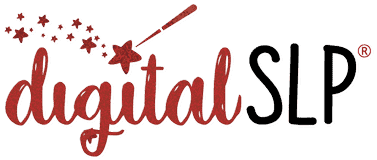

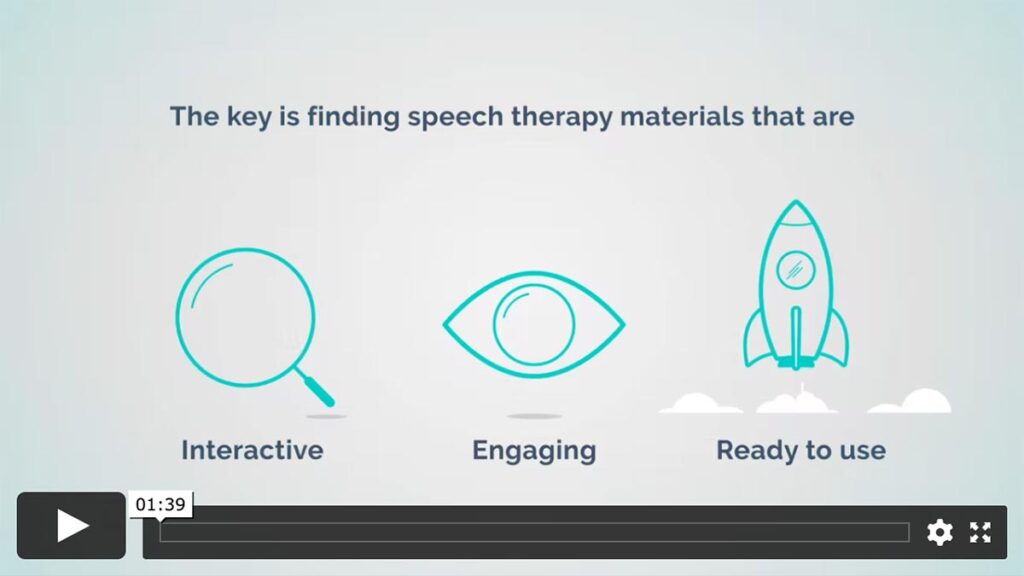


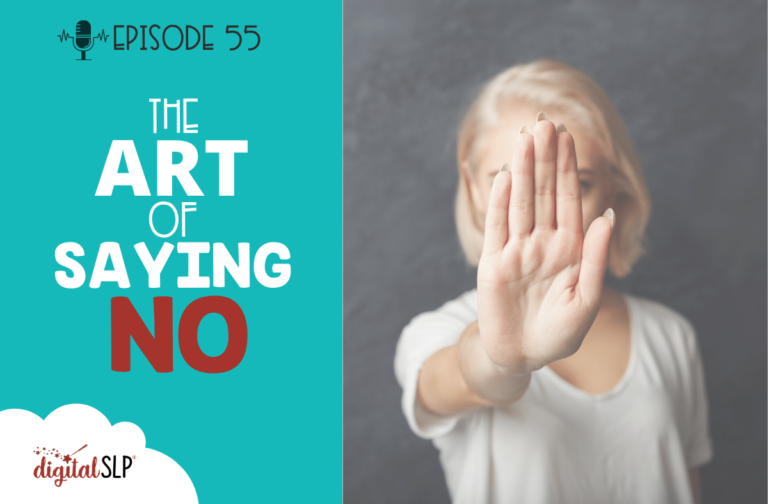
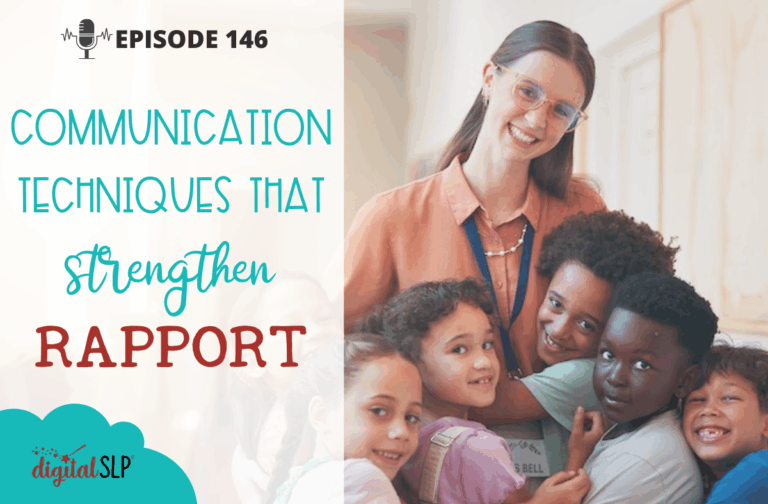
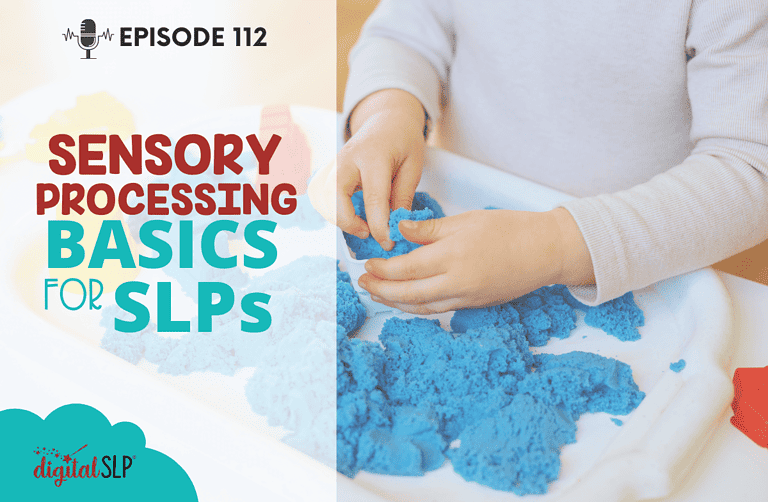


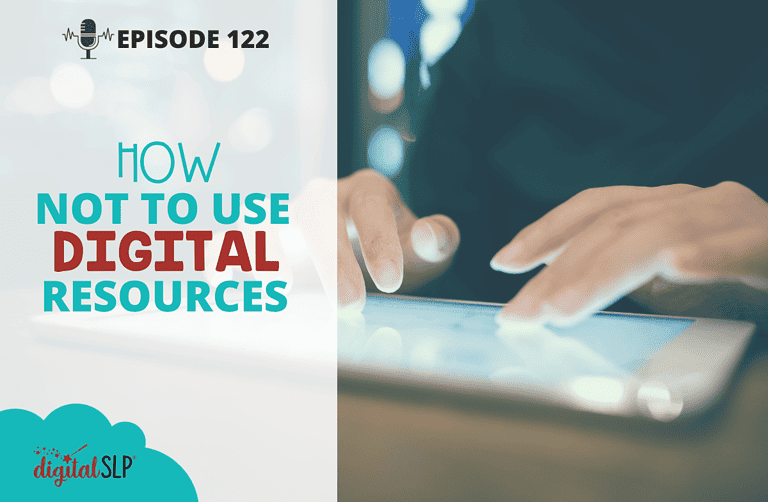

Recent Comments